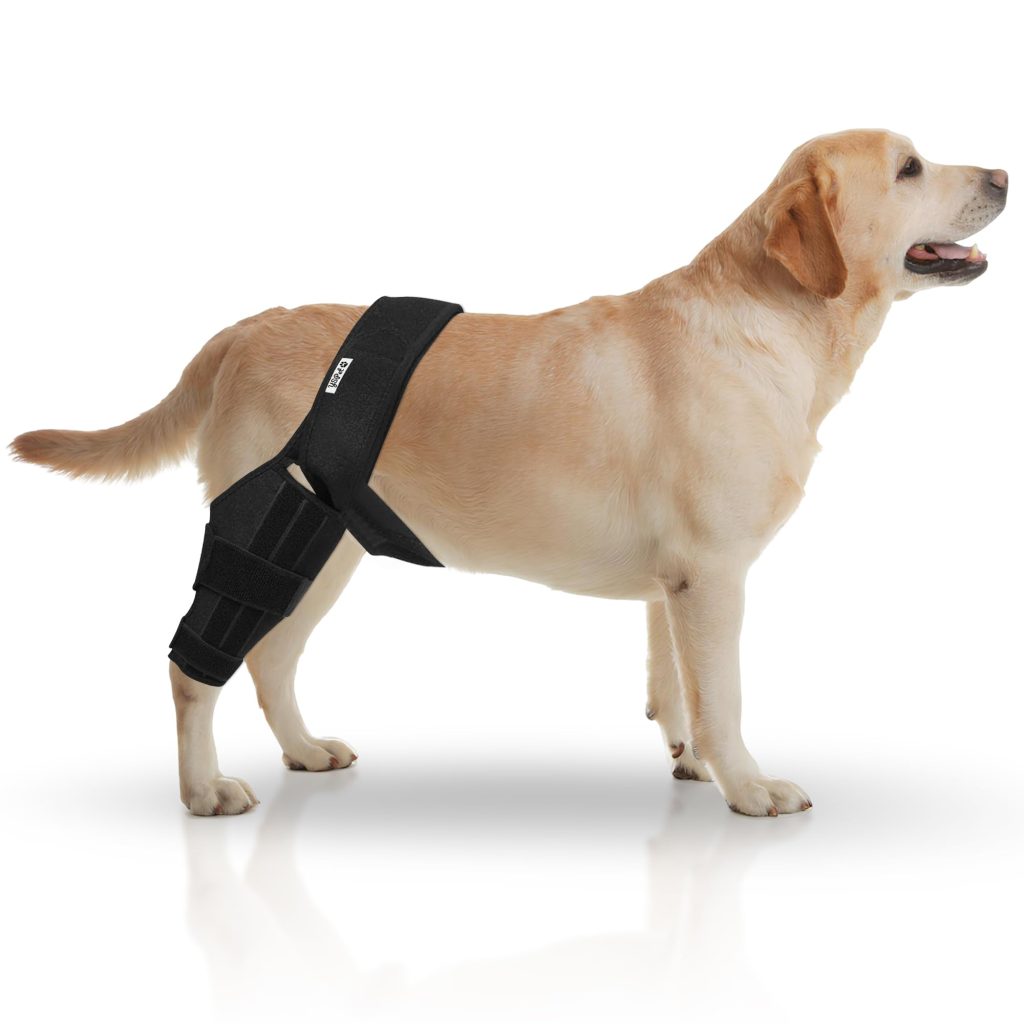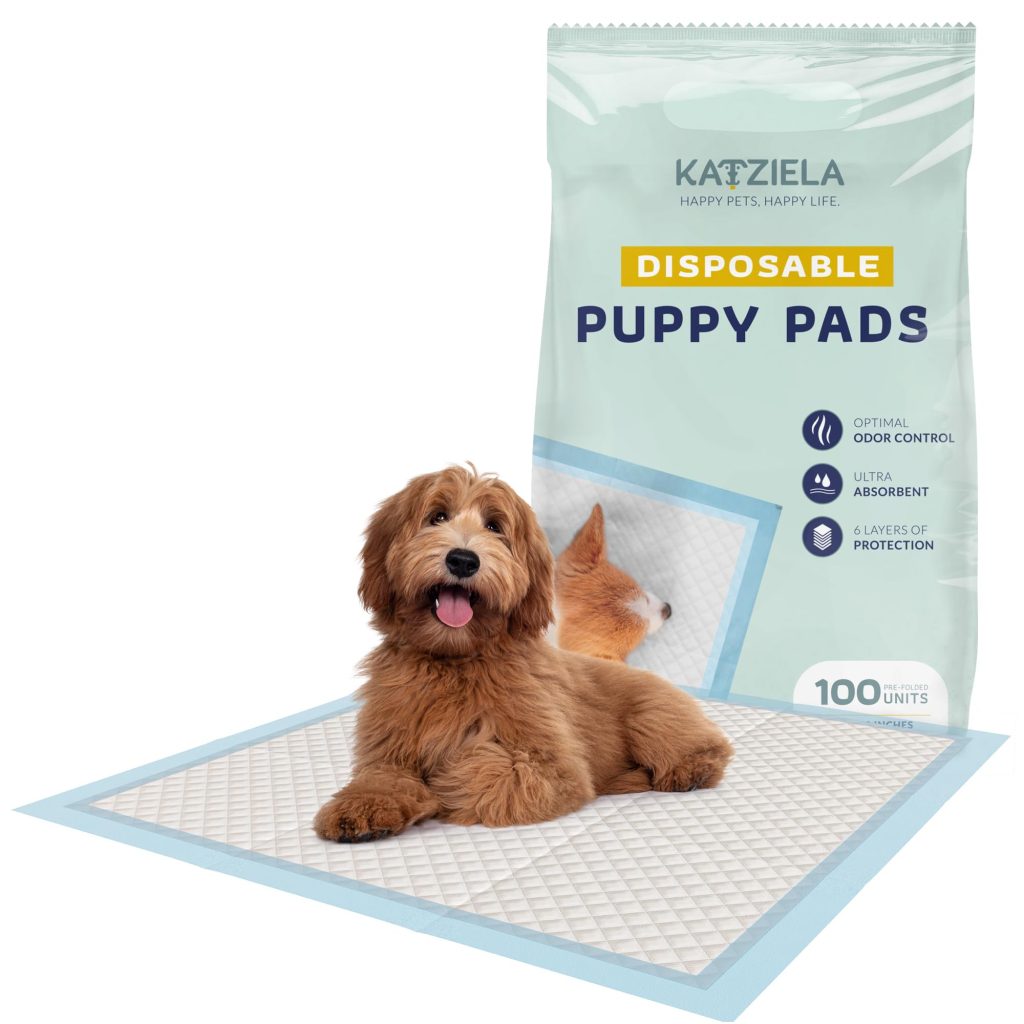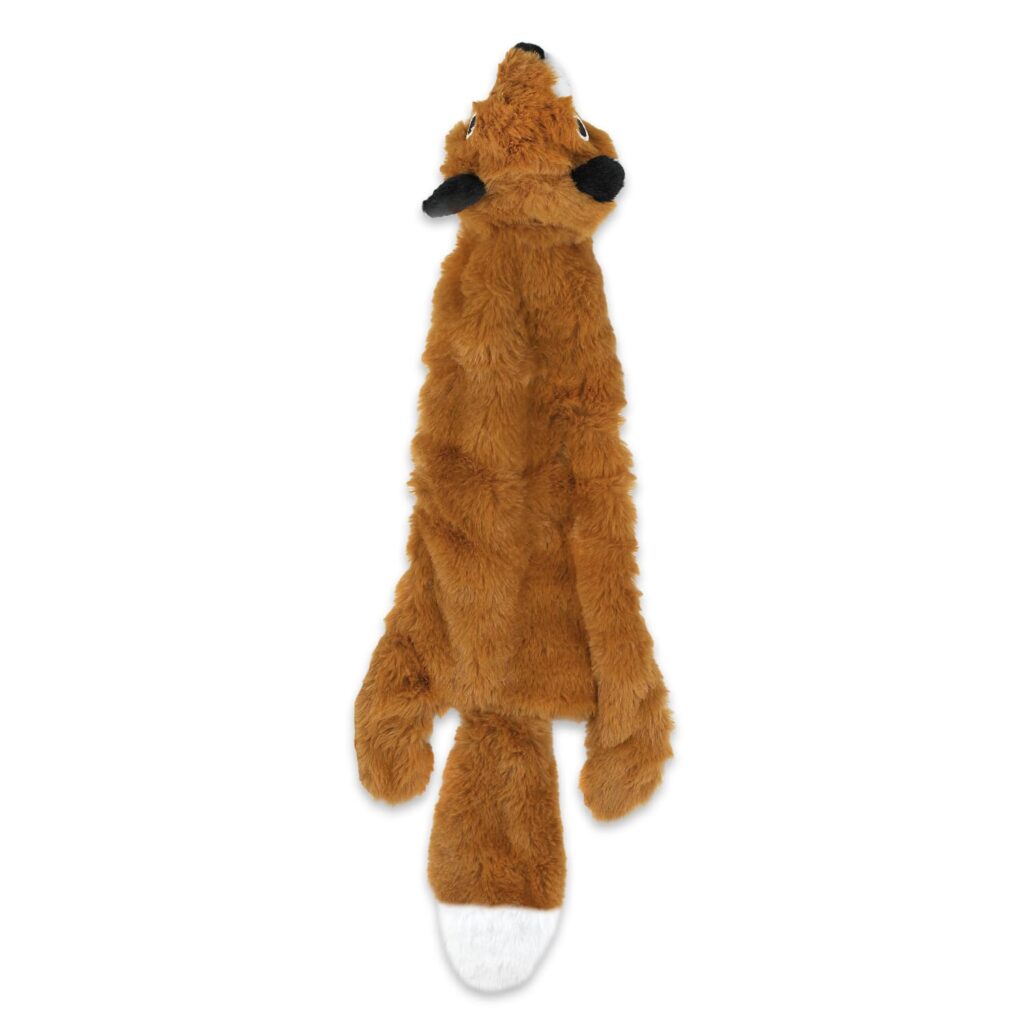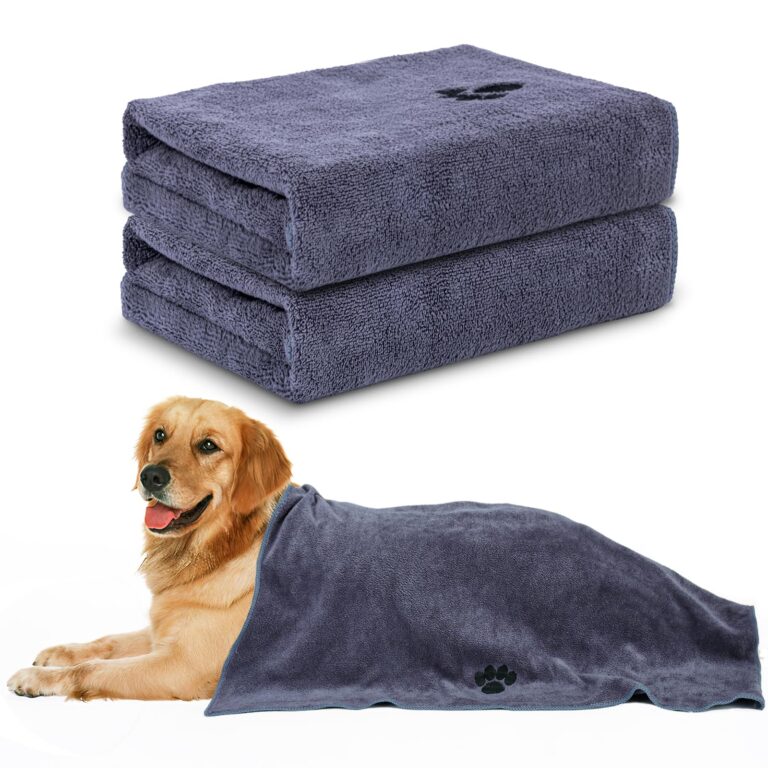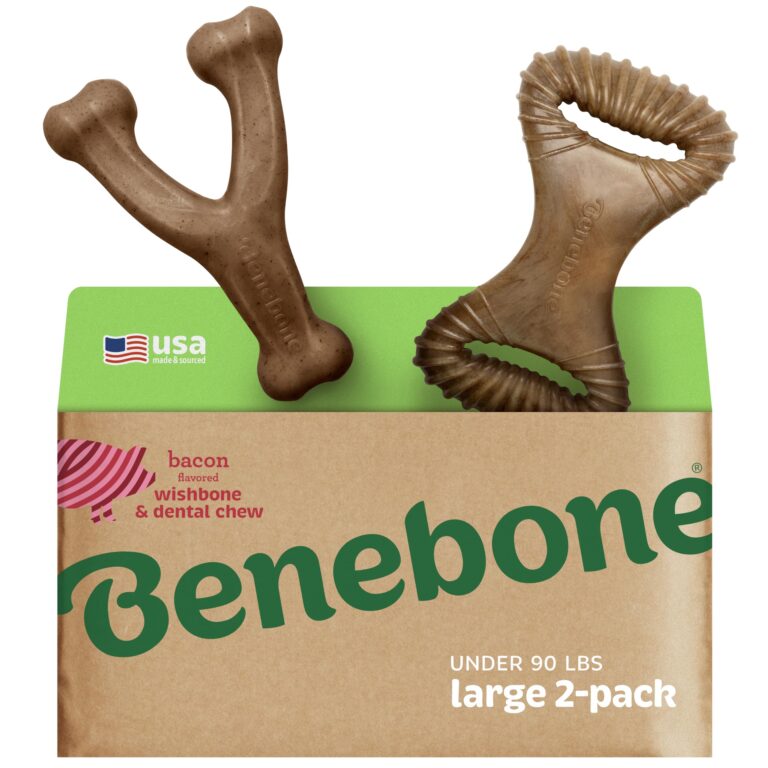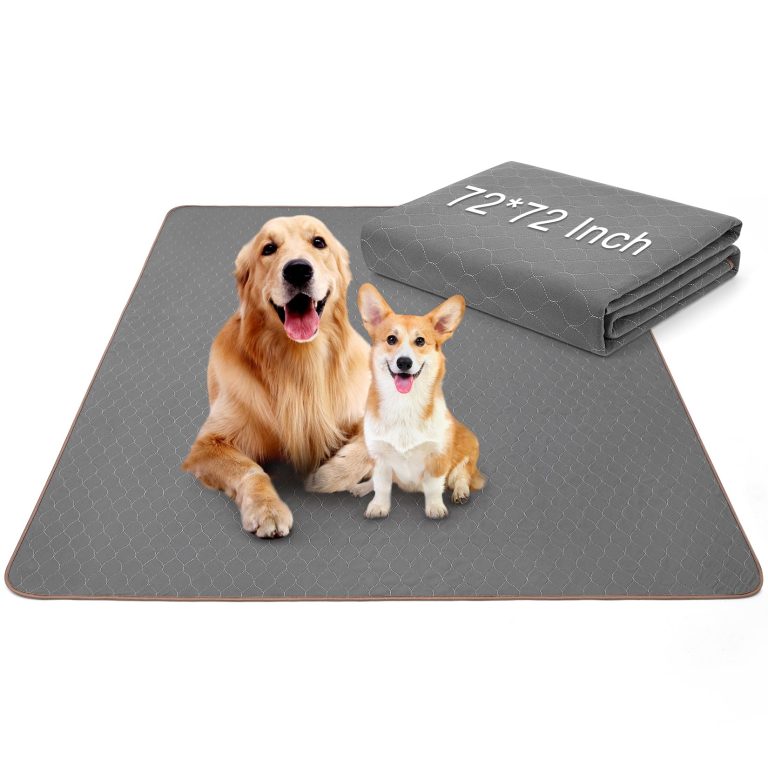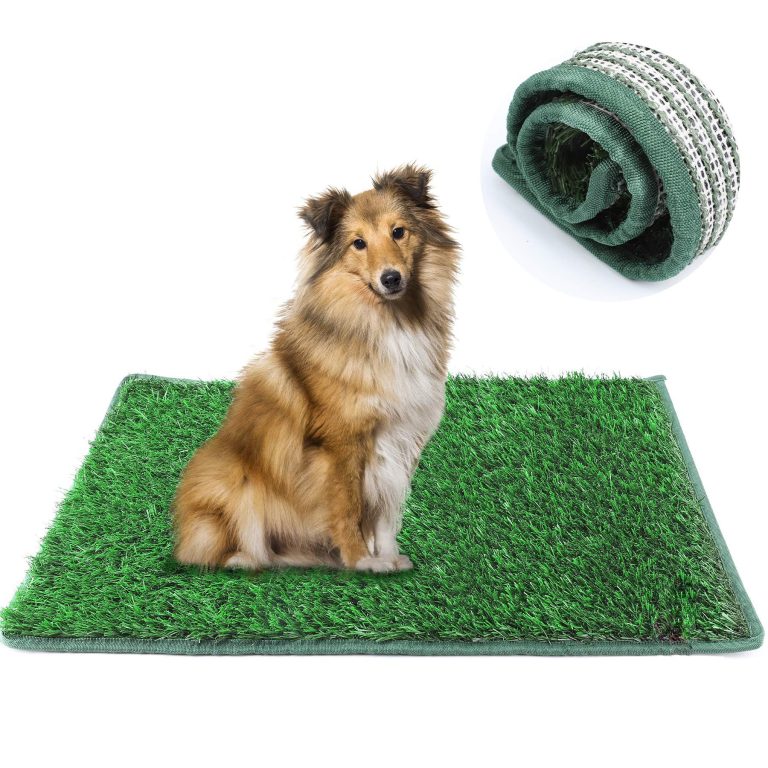Norfolk Terrier
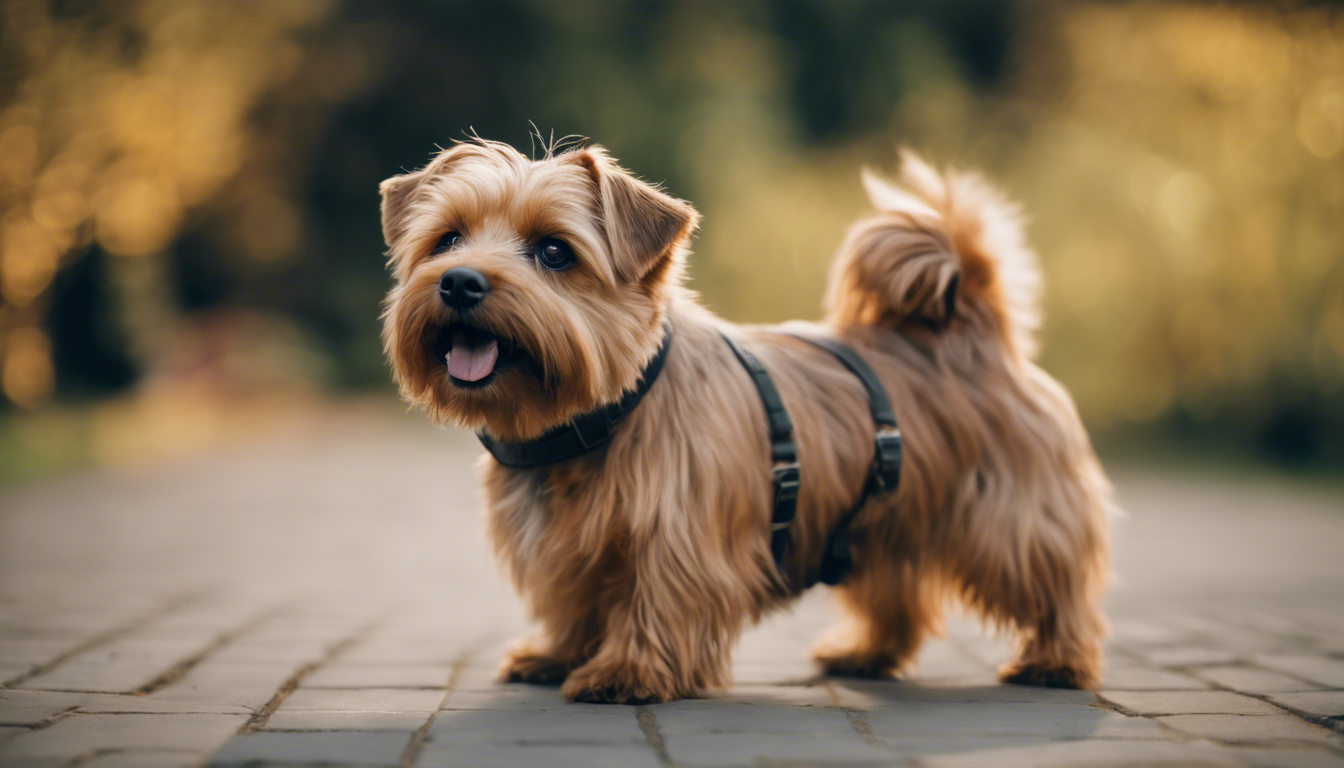 Norfolk Terrier: A Small Terrier with a Big Personality
Norfolk Terrier: A Small Terrier with a Big Personality
The Norfolk Terrier is a small, sturdy breed that hails from England. Known for its lively temperament and distinctive wiry coat, this little dog is a beloved companion and a tenacious hunter. If you’re considering adding a Norfolk Terrier to your family, it’s essential to understand their breed-specific traits, strengths, weaknesses, and care guidelines.
Characteristics
The Norfolk Terrier is a compact and muscular dog, typically weighing between 11 to 12 pounds (5-5.4kg) and standing about 9-10 inches (23-25cm) tall. They have a broad, rounded head with dark, expressive eyes and small, pendant ears. Their short legs and compact body give them an adorable, yet tough appearance.
One of the most distinctive characteristics of the Norfolk Terrier is its wiry and dense double coat. The outer coat provides protection from rough terrain, while the soft undercoat keeps them warm in colder climates. Norfolk Terriers usually come in various shades of red, grizzle, wheaten, black, or tan.
Temperament
Despite their small size, Norfolk Terriers are fearless and confident dogs. They have a strong prey drive and a keen sense of smell, which can make them excellent hunters. This trait also means they may not get along well with small animals or have a tendency to chase after squirrels or rabbits during walks.
These terriers are known for their affectionate and loyal nature. They form deep bonds with their family and can be quite protective of their loved ones. They thrive on human companionship and enjoy being part of all family activities.
Although Norfolk Terriers are generally friendly, they can be reserved around strangers. Early socialization is important to ensure they develop into well-rounded and well-behaved dogs. Training should start early to establish boundaries and prevent any potential behavioral issues.
Exercise Needs
Norfolk Terriers may be small, but they have a surprising amount of energy and require regular exercise to keep them happy and healthy. Daily walks, playtime, and mental stimulation are essential for their overall well-being. These dogs appreciate having a securely fenced yard to explore, but it is important to note that they are prone to digging, so supervision is necessary.
Engaging in interactive toys, puzzle games, or obedience training can help keep their active minds stimulated. However, it is important to avoid overexertion or excessive exercise, as Norfolk Terriers are prone to overheating due to their short muzzles.
Health Issues
While Norfolk Terriers are generally robust and healthy dogs, they may be prone to certain health conditions. Some of the potential health issues commonly seen in this breed include:
- Patellar Luxation: The kneecap can dislocate, causing discomfort and lameness.
- Dental Problems: Norfolk Terriers are prone to periodontal disease, so regular dental care is essential.
- Allergies: Some Norfolk Terriers may develop allergies to food or environmental factors, leading to skin irritation and itching.
Regular veterinary check-ups, a balanced diet, and appropriate exercise can help mitigate the risks of these health conditions. Ensuring your Norfolk Terrier maintains a healthy weight is also important since obesity can exacerbate many health issues.
Grooming requirements
Maintaining the Norfolk Terrier’s distinct double coat requires regular grooming. The wiry outer coat should be hand-stripped twice a year to remove dead hairs and encourage proper coat growth, which helps maintain the desired texture. Hand-stripping involves plucking or pulling out dead hairs by hand rather than cutting them.
Between hand-stripping sessions, regular brushing is necessary to prevent matting and remove any loose hairs. Bathe your Norfolk Terrier when needed, but avoid over-bathing as it can strip the natural oils from their coat, leading to dry skin.
It is also vital to keep their ears clean and nails trimmed regularly to prevent infections and discomfort. Regular dental care, including brushing their teeth, can help maintain good oral health.
Dietary Recommendations
A well-balanced diet is important for the overall health and longevity of your Norfolk Terrier. Choose high-quality dog food that meets their nutritional needs and supports their energy levels. The amount of food required will depend on their age, size, activity level, and metabolism.
Avoid overfeeding your Norfolk Terrier, as they can easily gain weight. Obesity can lead to various health issues and put unnecessary strain on their joints. It’s always a good idea to consult with your veterinarian to determine the appropriate portion sizes and feeding schedule for your individual dog.
To wrap it up, Norfolk Terriers are delightful, affectionate companions that require proper care and attention. With regular exercise, socialization, grooming, and a nutritious diet, you can ensure your Norfolk Terrier lives a happy and healthy life by your side.
